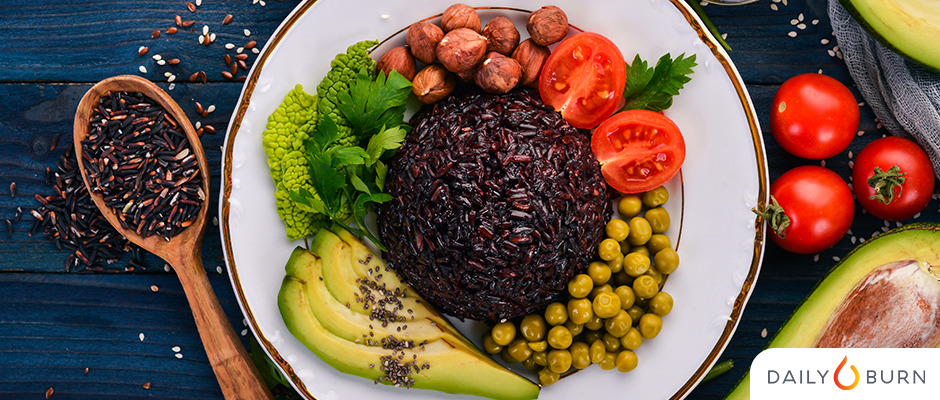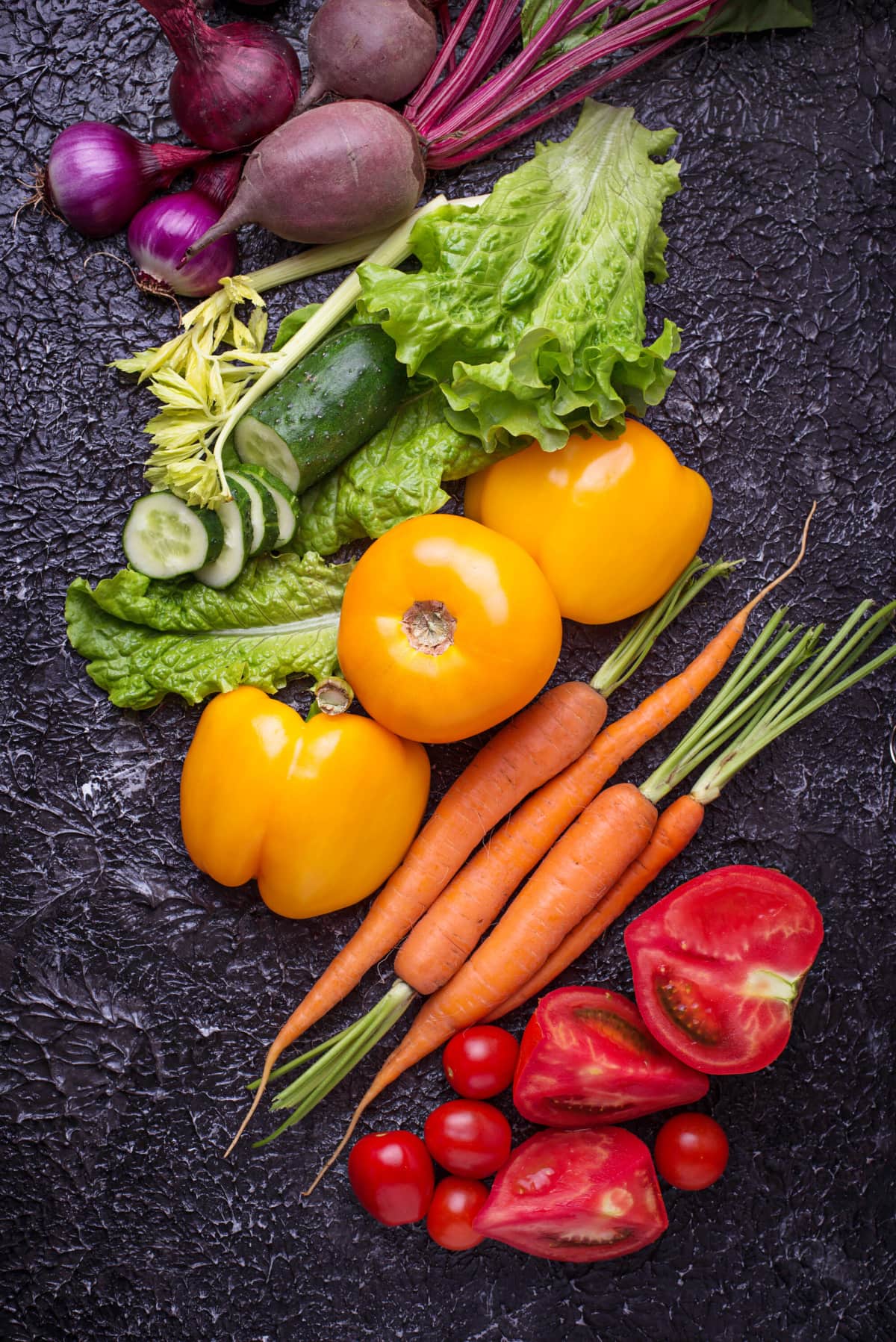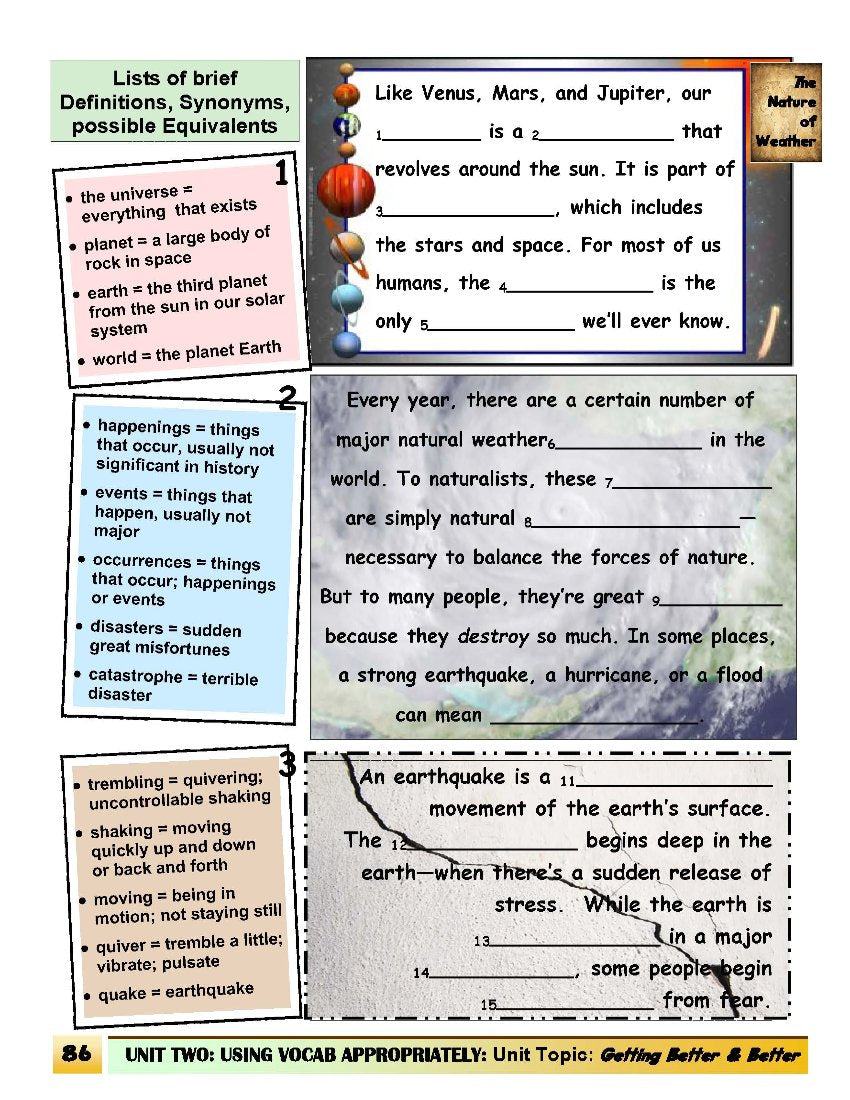
EWG's app is easy to use. It has a search bar that allows you to find any product within seconds. This app is useful for anyone who wants to make informed decisions about food and drinks. The app contains information about more than 2,500 household and food products. You can also save your favorite recipes for later. You can also leave ratings and submit photos for products that you wish to be added.
EWG is an app that can help you monitor your health. It allows you to search for safety in ingredients in thousands products. This includes personal care products and food. You can scan barcodes with the app to verify safety. It also has a complete database of ingredients. The app lets you view ratings and allow you to buy directly from Amazon and Sephora.

The EWG app also gives you the details you need to make healthy food choices. The app gives you the ability to assess how nutritious food is on a scale between 1 and 10, and also allows you to see which foods you can avoid. The app also features a reference for essential oils. It can help you identify which Young Living essential oils will work best in different conditions and which properties they have. You can learn about the ingredients in many products and learn about their benefits and drawbacks by using the app.
The Healthy Living App also provides useful information, breaking down ingredients in products. It will show you which ingredients are healthy and which ones are not. It allows you to compare other apps with similar functionality. Think Dirty is a similar tool, which rates products from one to 10 and gives you information on the ingredients in each product. It also provides information about the health implications of each ingredient.
The Environmental Working Group added information about healthy cleaners to their Healthy Living App, which is different from most other apps. It's a great tool to help you find safe products that will benefit your family and the Earth. You can search for a specific ingredient by scanning the product barcode, and you'll receive an unbiased evaluation. It is important to understand the makeup and ingredients before you start looking for cosmetics. This app will make life easier and safer.

The Environmental Working Group app lets you verify that the food you are eating is safe. It allows you to see the ingredients and brand names used in your food. To compare brands and foods, you can also use EWG's Food Scores App. Sunscreen Guide from the EWG is an excellent resource for anyone who wants to make healthy choices. The app has a color coded system to help you find products that are safe for your family.
FAQ
Do I have to do it every day?
No! At least 30 minutes moderate-intensity exercise five days per week is a good goal. That means walking fast enough to be slightly out of breath or biking hard enough to sweat.
Are you a cardio-exercise fan?
Cardiovascular exercise can have many benefits. It improves blood circulation, strengthens heart muscle, gives you energy, and can even help you lose weight.
Cardiovascular exercise includes running, biking, hiking, swimming, tennis, basketball, soccer, volleyball, football, etc.
Cardio exercises should not be done at high intensity. This could lead to injury.
If you feel fine, only do the cardiovascular exercise.
It is important not to push yourself beyond your limits. You could injure yourself if you do.
Cardiovascular exercise is best done warm-up first. Gradually increase the intensity.
Always listen to your body. If you feel pain when doing cardiovascular exercise, you should immediately stop.
It is also recommended to take some time off after a cardiovascular exercise. This allows your muscles to recuperate.
Cardiovascular exercise is a great way to lose weight.
It is the best way for you to lose calories and decrease belly fat.
Is it true, that too much protein can cause kidney stones?
Protein helps to maintain healthy bones, tissue, and skin. Consuming too much protein can result is calcium excretion via urine. This can lead to kidney stone formation.
It's important to note that not everyone gets kidney stones after eating more than 2 grams of protein per kilogram (2.2 pounds) of body weight. People can eat large amounts of protein and not get kidney stones.
Watching your sodium intake can help prevent kidney stones. Sodium is important for maintaining the body's water balance. Too much sodium results in a higher risk of developing kidney stones.
If you have kidney stone, you might also consider reducing your protein intake. Protein accounts for about half the daily caloric requirement of most adults. You'll lose weight if you reduce your intake of protein.
If you do decide to eat more protein, don't go overboard. Try to eat less than 20% protein in total calories.
How do you lose weight?
It's not easy to lose weight. Many people give in to temptation because they don't know how to proceed.
You can lose weight by following a few simple steps.
First, you must ensure you eat fewer calories than you burn. You will gain weight if you eat more calories than you burn.
You should also exercise regularly in order to lose all those calories. You have the option of doing jogging or walking or cycling, as well as dancing.
Third, you need to stop drinking alcohol and smoking cigarettes. These habits lead to a higher intake of calories than usual.
Fourth, reduce your intake of fatty and processed foods. You can replace them by healthier choices such as fruits, vegetables or lean meats.
Fifth, you need to change your lifestyle and adopt new habits. You may have to get up before the rest of the world to exercise.
Sixth: You must be disciplined, and you must follow your diet plan.
For those extra calories, you could join a class or go to a gym.
These simple tips will help you quickly see results.
Statistics
- An estimated calorie range for moderately active adult males falls between 2,200 to 2,800 calories per day, depending on age. (eatright.org)
- The PRS enabled risk stratification for overall prostate cancer and lethal disease with a four-fold difference between men in the highest and lowest quartiles (HR, 4.32; 95% confidence interval [CI], 3.16-5.89). (pubmed.ncbi.nlm.nih.gov)
- Candidates and applicants must pass all four tests at 70% (minimum level) to graduate from Basic Deputy U.S. Marshal (BDUSM) Training. (usmarshals.gov)
- 10 pounds in a month is likely during a lean bulking phase, especially for beginners. (muscleandstrength.com)
- Cardmembers earn 5% Back at Amazon.com with a Prime Credit Card. (amazon.com)
External Links
How To
How can I burn fat and exercise?
Exercise helps you lose calories by increasing your metabolism and oxygen intake.
If you exercise with moderate intensity, you can safely lose weight.
To burn fat while exercising, follow these tips:
-
Cardio exercises like walking, running (or jogging), swimming, cycling, running, and/or elliptical training are all good options.
-
Exercise for 30 minutes three times per week.
-
You can add strength training into your exercise routine if you're looking to lose even more weight.
-
Avoid intense workouts. You can build muscle without breaking down muscle tissue.
-
Keep hydrated during exercise. Water flushes out toxins and helps keep the body hydrated.
-
After exercising, consume low-fat protein smoothies. Protein shakes repair muscles and increase energy.
-
You can eat smaller meals throughout the day so that you don't feel hungry in between meals.
-
Don't skip breakfast! Skipping breakfast can lead to fatigue and sluggishness.
-
Take care to your mental well-being. Stressful situations can slow your metabolism.
-
Keep a positive attitude. Research shows that overweight people gain more weight if they believe they are overweight than those who believe they look good.
-
Sleep enough. A lack of sleep makes it difficult to lose fat.
-
Active living is key. Keep moving every hour.
-
Maintain a healthy diet. Eat right to feel satisfied and full for longer.
-
Find ways to relax. An anxious mind won't allow your body release stress hormones, which can lead to the destruction of muscle tissue.
A balanced diet includes all essential nutrients needed for growth and development.
Consider eating six small meals daily instead of three big ones. This allows your body to properly digest what you have eaten.
For strong bones, we need 500 mgs of calcium daily. Calcium can also be found in milk products, yogurt, fortified Soy beverages, orange Juice, cereals and bread.
Calcium comes from leafy green vegetables, beans, tofu, nuts, seeds, and cheese.
Vitamin D is required by the body to absorb calcium. Vitamin D can be found in egg yolk, fatty fish, and other fortified foods.
Vitamin E is important for skin health. Vitamin E can be found in vegetable oils as well as wheat germ oil, peanuts and almonds.
Zinc is essential for healthy immunity and wound healing. Zinc can be found as a mineral in oysters.
Zinc deficiency may cause fatigue, loss appetite, depression, and impaired immunity.
Sugar intake can lead to insulin resistance which causes blood glucose levels to rise. Insulin resistance can lead to weight gain.
Insulin resistance is caused by high blood levels of free-radicals. Free radicals can be molecules with unpaired electrons that cause damage to cell membranes.
The most common sources of free radicals include food additives.
Free radicals can lead to cancer and heart disease, diabetes mellitus, arthritis, asthma, and premature aging.
The best way to avoid free radicals is to eat a balanced diet high in antioxidants. Antioxidants protect against oxidative damage.
Antioxidant vitamins include Vitamin C (found in citrus fruits), beta carotene (found in carrots, sweet potatoes, spinach, broccoli, cantaloupe, apricots, squash, mangoes, peaches, peppers, tomatoes, cabbage, cauliflower, kale, Brussels sprouts, collard greens, watermelon, and strawberries), and Vitamin E (found in nuts, olive oil, avocados, and eggs).
Other antioxidant nutrients include selenium, copper, manganese, and zinc.
Selenium is known to protect cells from the oxidative damage that free radicals can cause. Selenium can also be found in Brazil nuts (tuna), liver, kidneys and shrimp.
Copper protects the brain, eyes, lungs, and red blood cells. Copper is found in shellfishes, poultry, meat, organ meats, and other foods.
Manganese is essential for bone structure. Manganese can be found in brown rice and spinach as well as bananas, prunes raisins, oatmeal, lentils, and oatmeal.
Zinc helps with normal growth, reproduction, as well as wound healing. Zn is found in lean meats, poultry, white fish and eggs.